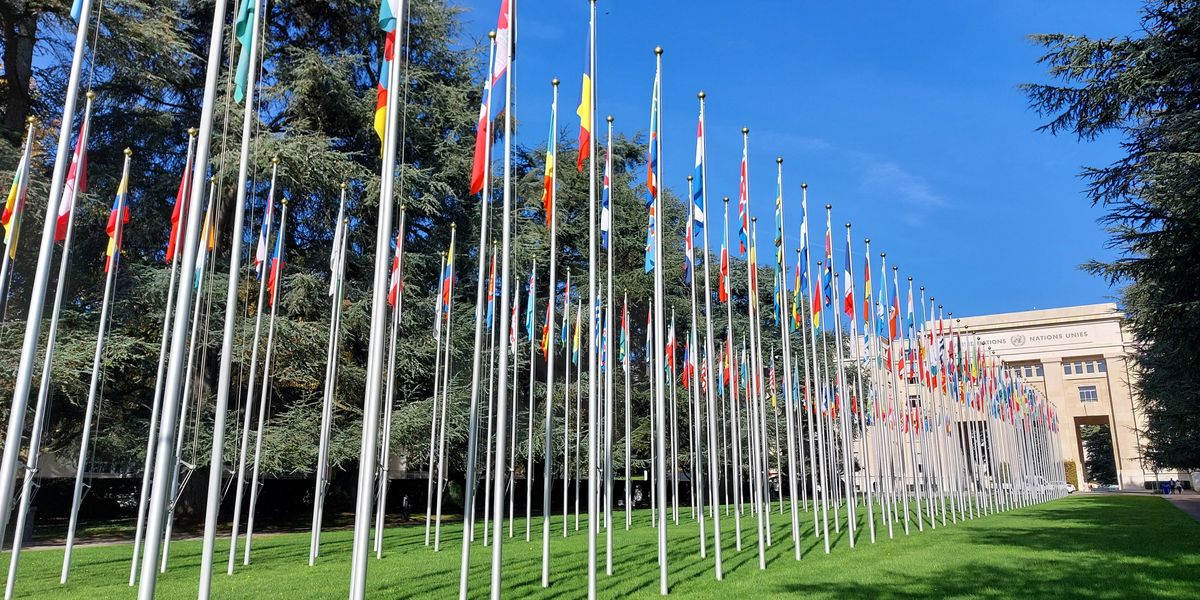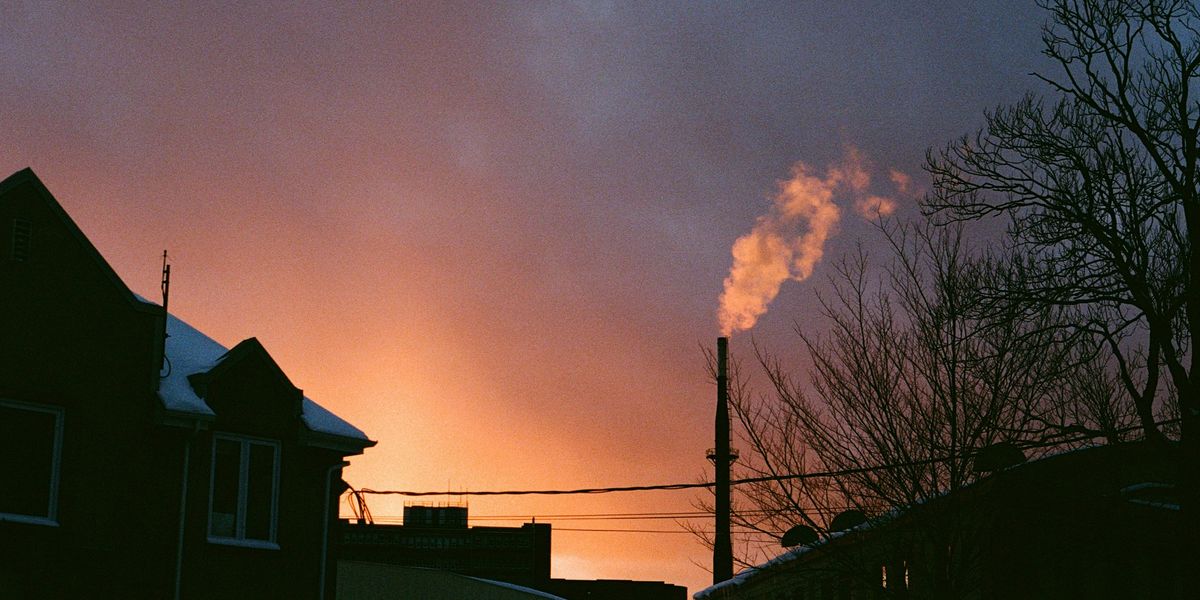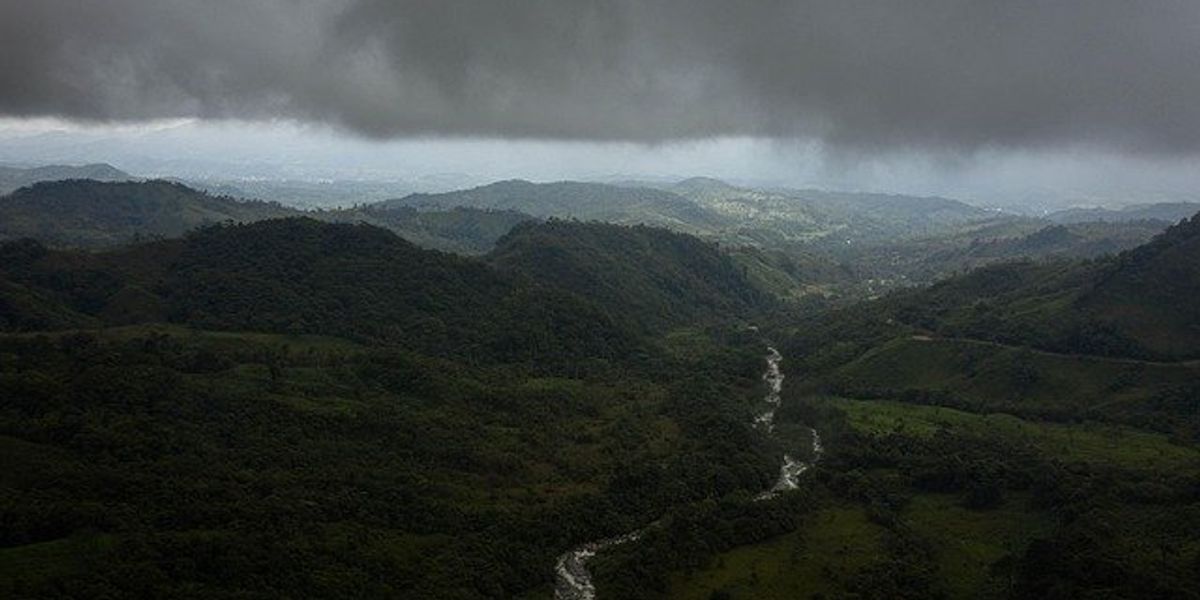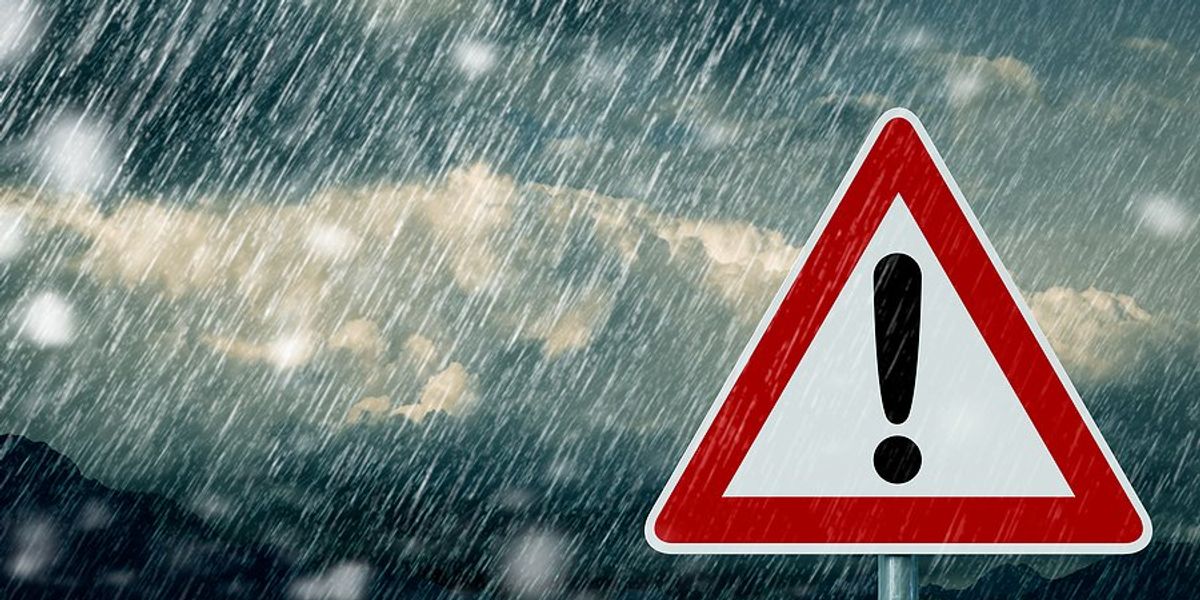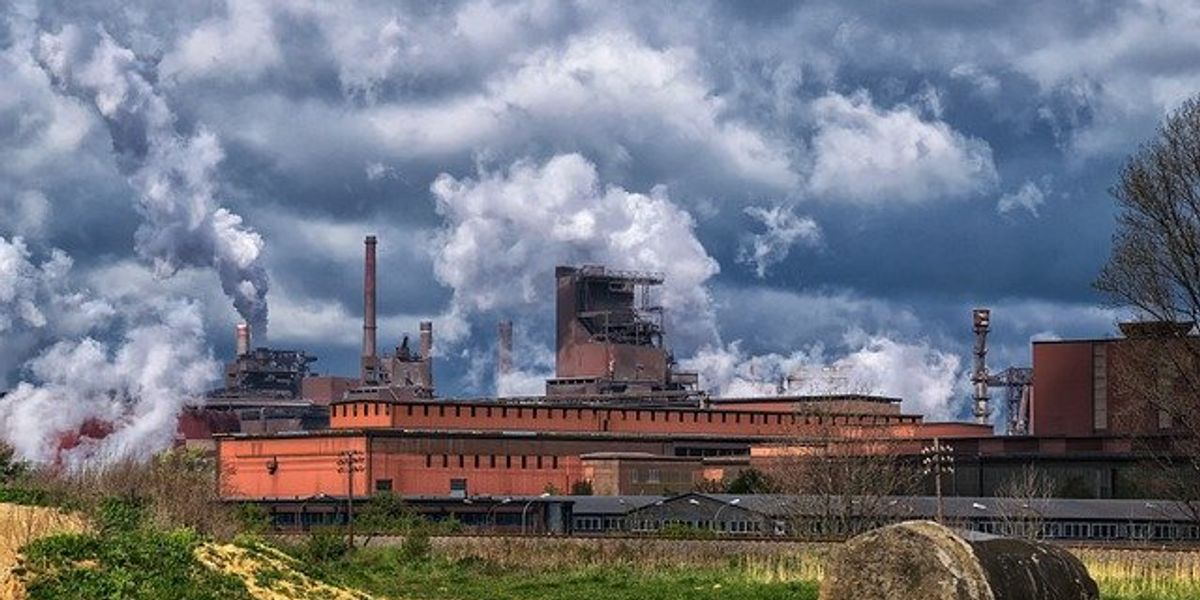
Florida moves to criminalize climate engineering and chemical weather experiments
The Florida Senate has passed a bill that would outlaw atmospheric experiments aimed at modifying weather or climate, responding to rising public concern about geoengineering.
Mitch Perry reports for Florida Phoenix.
In short:
- The bill, sponsored by Sen. Ileana Garcia (R-Miami), bans the release of chemicals or other substances into the atmosphere for the purpose of influencing weather or climate, with violators facing felony charges and fines up to $100,000.
- Garcia framed the bill as a response to both scientific experimentation and unregulated activity, referencing methods such as solar radiation modification, rock weathering, and cloud seeding.
- Governor Ron DeSantis supported the Senate version of the bill but criticized the House version for potentially allowing geoengineering; the House bill is still pending final committee approval.
Key quote:
“There is a lot of unauthorized activity that is currently not regulated both at a federal and a state level, and this is where we wanted to start.”
— Ileana Garcia, Florida state senator (R-Miami)
Why this matters:
Florida’s recent legislative push to regulate atmospheric interventions, including solar radiation management and cloud seeding, signals both a heightened awareness of geoengineering tools and a wariness of their unintended consequences. While many scientists stress that few of these technologies are close to deployment, the idea of intentionally altering the climate is raising red flags among environmentalists, ethicists, and public health experts. At the same time, geoengineering has long been fodder for conspiracy theories about “chemtrails” and secret government experiments — concerns that, though unfounded, are finding new life in today’s polarized information landscape. Florida’s bill reflects the collision of these forces: scientific exploration, environmental urgency, and widespread public mistrust.
Related: Insurers warn climate change could unravel financial markets and endanger capitalism

